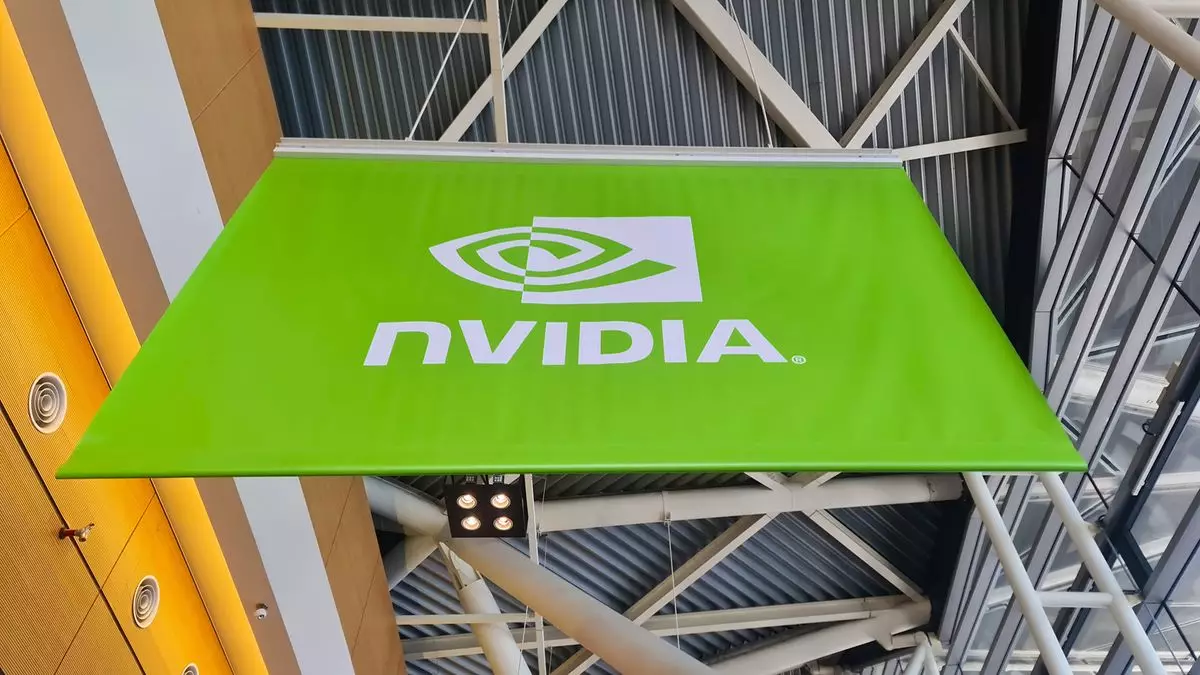In an age where technology continues to shape every facet of our lives, the giants behind these innovations are increasingly facing scrutiny through the legal system. This trend has gained remarkable momentum, particularly with the surge of artificial intelligence, which has seen companies like Nvidia emerge as leaders in the tech sector. However, as Nvidia enjoys its standings in the AI datacenter market, it is not insulated from the challenges of litigation that other tech titans have encountered. The rise in legal cases against such companies has cemented the narrative that massive profits often lead to significant legal scrutiny, especially when market dependencies and disclosures come into question.
Recently, Nvidia found itself at the center of a legal storm involving allegations that it misled investors regarding its revenue framework, particularly in relation to the cryptocurrency market. The lawsuit, initially filed in 2018 as a class action, alleges that Nvidia did not adequately disclose how much its revenue relied on the volatile crypto sector. The claim suggests that this lack of transparency is in violation of the 1934 Securities Exchange Act, which mandates that companies provide accurate disclosures about their financial health and business dependencies.
This lawsuit, at first dismissed by a federal judge, saw a revival when the 9th Circuit Court of Appeals ruled in favor of the plaintiffs, allowing the case to proceed. Nvidia, while asserting that the lawsuit lacked sufficient merit, sought the intervention of the US Supreme Court to block the proceedings. Their defense rested on the stipulations outlined in the 1995 Private Securities Litigation Reform Act, which sets a high bar for plaintiffs to demonstrate evidence of misconduct before a case is even brought forth.
The Supreme Court’s Role and Its Decision
In a significant turn of events, the US Supreme Court “sidestepped” Nvidia’s appeal, allowing the lawsuit to move forward without detailing its reasoning. This dismissal signifies a vital principle in judicial proceedings: that the strength of evidence should be assessed during the trial itself rather than serving as a deterrent to the initiation of a lawsuit. Justice Ketanji Brown Jackson articulated this perspective when she queried the requirement of evidence prior to litigation, thereby reinforcing the notion that the integrity of plaintiffs’ claims ought to be evaluated through the judicial process.
This decision does not impose any immediate financial liability on Nvidia. Instead, it simply clears the path for plaintiffs to present their case in court. The broader implications of such rulings suggest that even leading corporations like Nvidia are not immune to accountability, particularly in an era where investors are becoming savvier and more insistent on transparency regarding corporate practices.
Nvidia’s legal battles have already borne financial consequences, as evidenced by a previous settlement where the company paid out $5.5 million to the Securities and Exchange Commission for similar allegations surrounding insufficient disclosures about its dependence on cryptocurrency. The recurring nature of these disputes signals a crucial lesson for large tech firms: the importance of thorough legal compliance and transparency cannot be understated.
Furthermore, this case could set a precedent for how similar lawsuits are handled in the future, influencing the landscape of corporate accountability in the technology sector. The potential ramifications of such litigation could impact not only Nvidia’s market reputation but also instill a sense of caution in the strategies of other tech companies who may find themselves navigating courtrooms in lieu of boardrooms.
Nvidia’s ongoing legal tribulations highlight a prevailing theme within the tech industry: the balance between burgeoning innovation and the requisite accountability mandated by governing bodies. As Nvidia finds itself facing sizable lawsuits, one must ponder whether financial settlements will remain mere footnotes in their ongoing success story or if they will serve as a pivotal wake-up call for greater transparency. For investors and consumers alike, these developments reinforce the idea that vigilance in corporate governance is more critical than ever, encouraging a culture of accountability that is seemingly overdue in the tech landscape.

